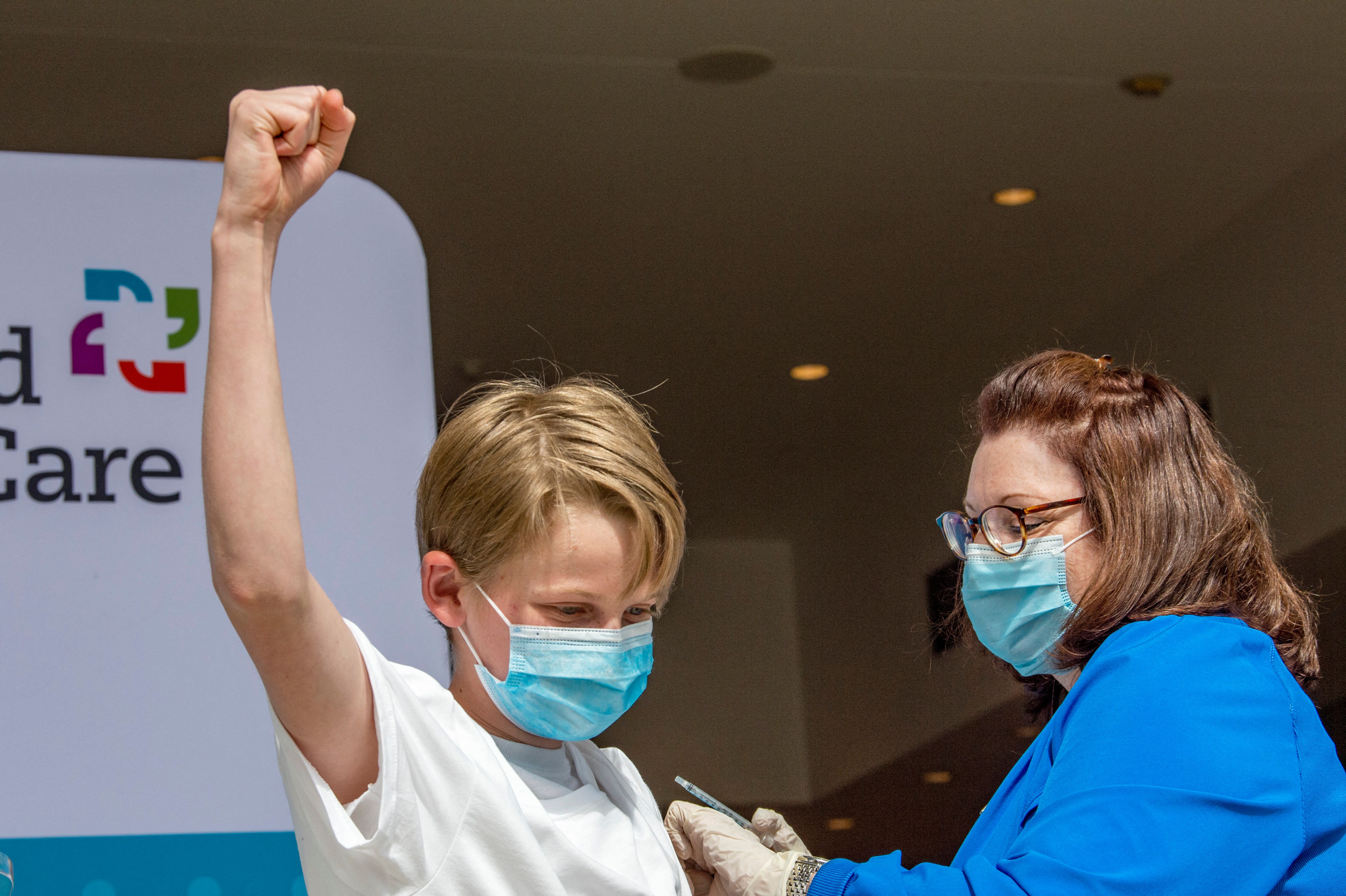With the impending arrival of the 2024–2025 COVID-19 vaccines approved yesterday, some Americans are now gaming out when to get their dose—right away while the summer wave is peaking, a bit later in the fall to maximize protection for the coming winter wave, or maybe a few weeks before a big family event at the end of the year? Of course, the group pondering such a question is just a small portion of the US.
Only 22.5 percent of adults and 14 percent of children in the country are estimated to have gotten the 2023–2024 vaccine. In contrast, 48.5 percent of adults and 54 percent of children were estimated to have gotten a flu shot. The stark difference is despite the fact that COVID-19 is deadlier than the flu, and the SARS-CoV-2 virus is evolving faster than seasonal influenza viruses.
In a press briefing Friday, federal health officials were quick to redirect focus when reporters raised questions about the timing of COVID-19 vaccination in the coming months and the possibility of updating the vaccines twice a year, instead of just once, to keep up with an evolving virus that has been producing both summer and winter waves.
"The current problem is not that the virus is evolving so much, at least in terms of my estimation," Peter Marks, the top vaccine regulator at the Food and Drug Administration, told journalists. "It's that we don't have the benefits of the vaccine, which is [to say] that it's not vaccines that prevent disease, it's vaccination. It's getting vaccines in arms." When exactly to get the vaccine is a matter of personal choice, Marks went on, but the most important choice is to get vaccinated.
Estimates for this winter
The press briefing, which featured several federal health officials, was intended to highlight the government's preparations and hopes for the upcoming respiratory virus season. The FDA, the Centers for Disease Control and Prevention, and the Department of Health and Human Services (HHS) are urging all Americans to get their respiratory virus vaccines—flu, COVID-19, and RSV.
CDC Director Mandy Cohen introduced an updated data site that provides snapshots of local respiratory virus activity, national trends, data visualizations, and the latest guidance in one place. HHS, meanwhile, highlighted a new outreach campaign titled "Risk Less. Do More." to raise awareness of COVID-19 and encourage vaccination, particularly among high-risk populations. For those not at high risk, health officials still emphasize the importance of vaccination to lower transmission and prevent serious outcomes, including long COVID. "There is no group without risk," Cohen said, noting that the group with the highest rates of emergency department visits for COVID-19 were children under the age of 5, who are not typically considered high risk.
So far, CDC models are estimating that this year's winter wave of COVID-19 will be similar, if not slightly weaker on some metrics, than last year's winter wave, Cohen said. But she emphasized that many assumptions go into the modeling, including how the virus will evolve in the near future and the amount of vaccine uptake. The modeling assumes the current omicron variants stay on their evolutionary path and that US vaccination coverage is about the same as last year. Of course, beating last year's vaccine coverage could blunt transmission.



3175x175(CURRENT).thumb.jpg.b05acc060982b36f5891ba728e6d953c.jpg)
Recommended Comments
There are no comments to display.
Join the conversation
You can post now and register later. If you have an account, sign in now to post with your account.
Note: Your post will require moderator approval before it will be visible.